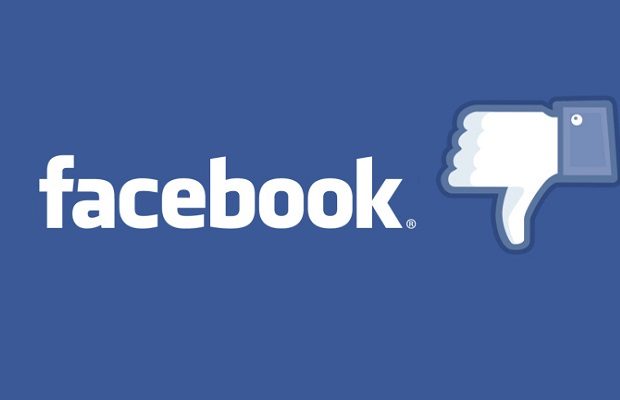Political campaigning in the UK general election sunk to new depths as Conservative MPs were caught today deleting social media comments from their own residents.
With political campaigning migrating to the digital space, all parties have been more active than ever before on Facebook, Twitter, YouTube and many on the secondary platforms like Instagram and Snapchat. Readers familiar with social media strategies will be aware how they provide a window into how an organization thinks and behaves at a much wider level.
That’s why stories about the manipulation of social media and digital advertising get our attention here in the news team. The most recent MP to be caught in #DeleteGate is none other than Lady Victoria Borwick of Kensington, caught this week for deleting comments she doesn’t like from her own local residents. In a somewhat disingenuous move, Borwick had been publishing big graphics of her focus-group-finessed vote-winning slogans like “Protecting the rights of EU nationals” about “Backing small businesses” but when local residents started to comment, they found many of their messages deleted.
First you see it, then you don’t
Shocked MP @backborwick deletes residents' Facebook comments. #conservatives scared by @annabelmullin as Kensington switch to #VoteLibDem pic.twitter.com/X567HkHe1F
— Danny Meadows-Klue (@DannyMK) June 7, 2017
Politicians suspend free speech
The outrage in social media is not surprising, given the @backborwick campaign had openly attacked the rights of EU nationals, and pushed for the hardest of Brexits (in contrast to the pro-remain borough where 7/10 voted to stay in Europe). What is noteworthy is how the Conservative party chose to sanction the deletion of opposing views.
Kensington had been seen as a safe Conservative seat until the arrival of Annabel Mullin #Annabel4Kensington who seems to have triggered a big switch to the Liberal Democrats. One local voter summed it up: “After their cuts to the NHS, cuts to schools, cuts to the police, cuts to transport and pending cuts to trade and jobs through Brexit – Tory MPs are now cutting the right to free speech”.
Social campaigning reflects wider party values
For this particular MP, it followed a pattern of no-shows at hustings, and being near bottom place in the league tables of responding to constituents, but hitting the delete key seems to be the norm in social media campaigning. This is a microcosm of the wider experience the UK has seen in social media marketing, as both companies and political brands compete for attention and wrestle with how to manage criticism.
Who should regulate?
Interestingly political messages remain outside the regulation of the Advertising Standards Authority, and given how tough this is to police, it’s understandable. Of more concern is the toothlessness of the Electoral Commission, shown by their lack of powers in many areas of digital marketing such as the programmatic advertising and psychological warfare firms hired by Conservatives and Brexit campaigners in North America to fuel the election and referendum. Cambridge Analytica and their partners sit outside UK jurisdiction, meaning that election information about data sharing and breaches of UK election rules uncovered by The Guardian cannot bring the relevant people to trial. “The Electoral Commission is an analogue regulator unfit for a digital age” suggested one former ministerial advisor we spoke to. “While regulators like the Advertising Standards Authority and the Direct Marketing Commission have transformed to embrace digital channels effectively, the Electoral Commission is in desperate need of greater funds, people and mandate if digital marketing regulation is going to be effective at safeguarding democracy”.

